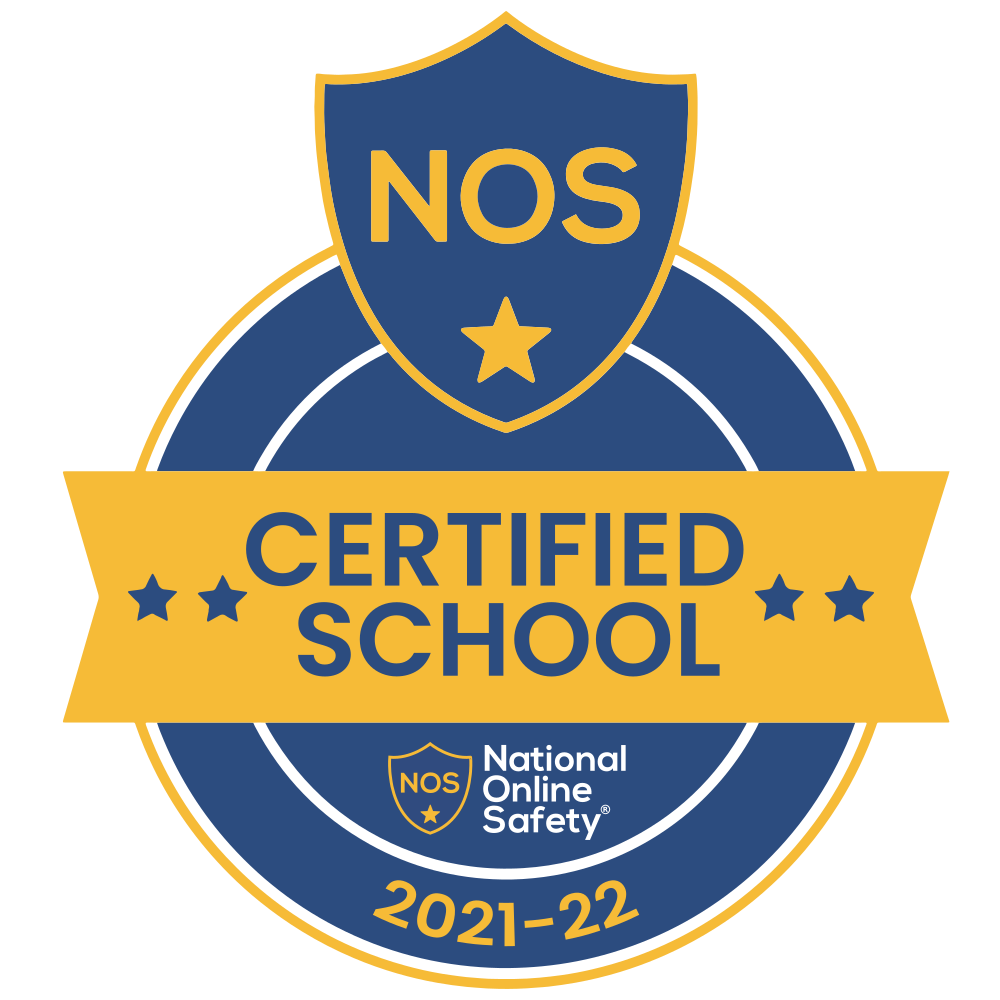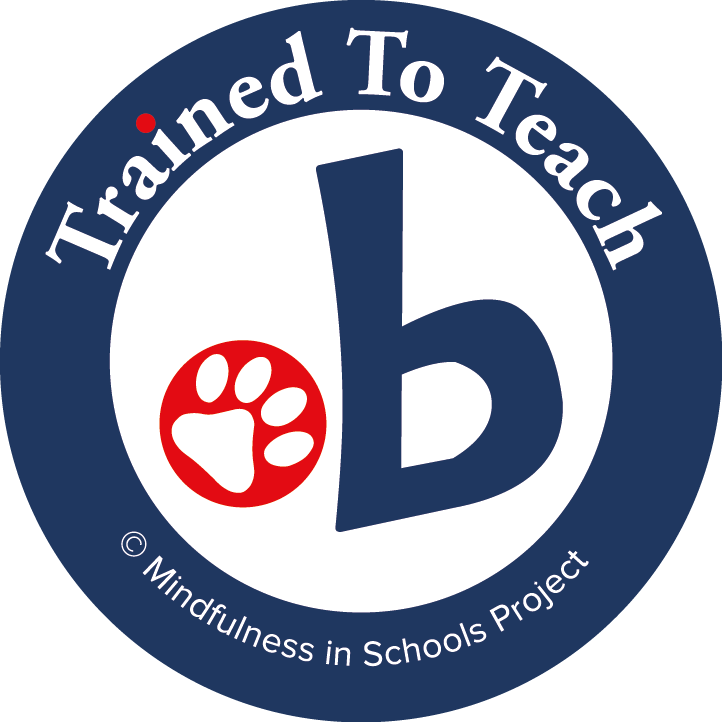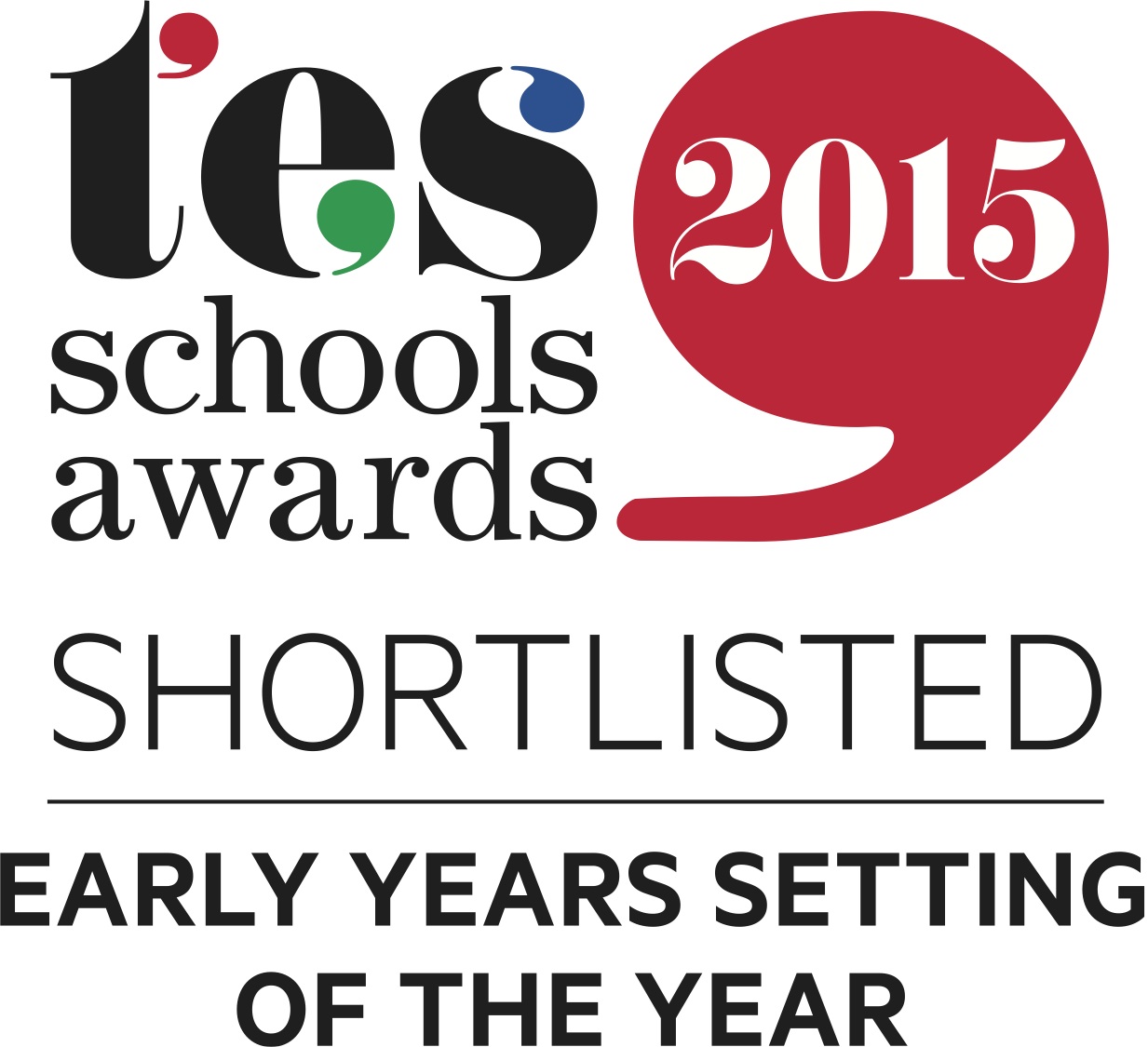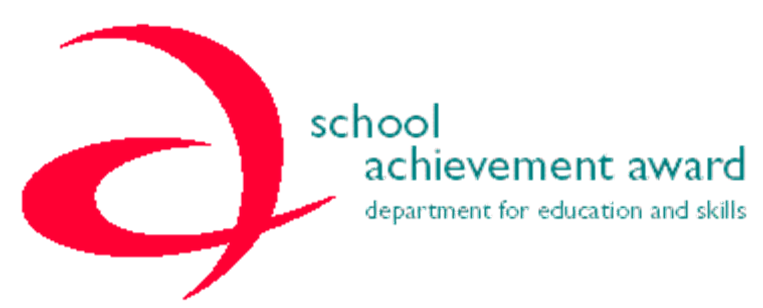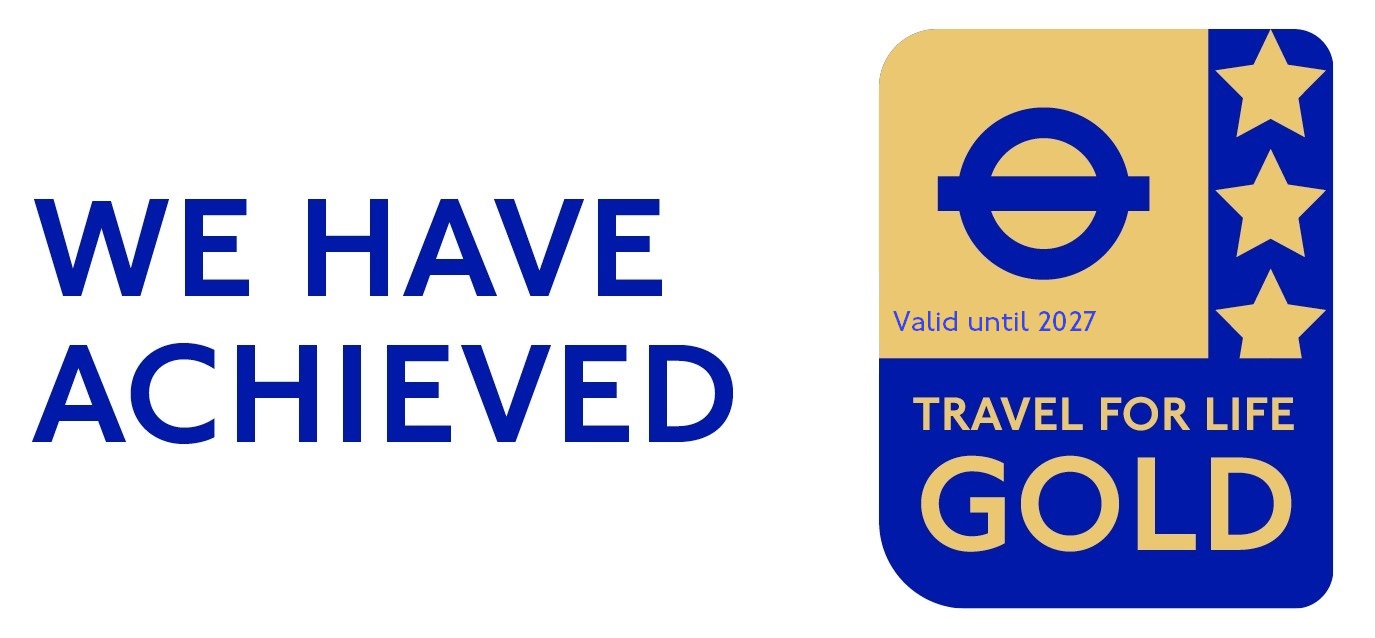Science
At Poverest, we aim to develop a sense of excitement and curiosity through practical activities which enables the lessons to be engaging and to come 'alive'.
We follow the Kapow Primary's Science curriculum . Teachers use the long term plan and objectives from the scheme and select tasks relevant to that objective which are suitable for the children in each class. Lesson activities can be sourced from a variety of published schemes including EduKent and Hamilton Trust.
During our Science lessons, we mainly focus on the 5 key skills that are required to conduct successful enquiries and experiments. These skills are embedded throughout both KS1 and KS2. We learn to observe and record changes over a period of time; to find patterns when collecting and organising data; research information by using secondary resources like the internet and books; to group and classify objects and lastly, conducting fair experiments. We try and create activities that encourage 'awe and wonder'.
Science is often covered on external educational visits and you can see examples of this in our newsletters or on our class pages.
Intent
Poverest Primary School recognises and values the importance of science and scientific enquiry through active learning. Science at Poverest Primary School aims to develop a creative, practical and engaging high-quality curriculum that inspires the next generation to succeed and excel in science. We do this through fully adhering to the aims of the national curriculum and fostering a healthy curiosity and interest in the sciences. At the heart of our progressive science curriculum is scientific investigation. Wherever possible, we intend to deliver lessons that are inclusive to all and where children learn through varied systematic investigations, leading to them being equipped for life to ask and answer scientific questions about the world around them. We believe science encompasses the acquisition of knowledge, concepts, skills, and positive attitudes. Throughout the programmes of study, the children will acquire and develop the key knowledge that has been identified within each unit and across each year group, as well as the application of scientific skills. We ensure that the Working Scientifically skills are built-on and developed throughout children’s time at the school so that they can apply their knowledge of science when using equipment, conducting experiments and investigation, building arguments, and explaining concepts confidently, being familiar with scientific terminology and, most importantly, to continue to ask questions and be curious about their surroundings.
implementation
The acquisition of key scientific knowledge is an integral part of our Science lessons. Linked knowledge organisers enable children to learn and retain the important, useful, and powerful vocabulary and knowledge contained within each unit. The progression of skills for working scientifically is developed through the help of the Kapow scheme of work and then broken down for each year group, so they can continue to develop knowledge through the use of scientific enquiry skills which are of key importance within lessons. At Poverest, teachers create a positive, engaging and exciting atmosphere to Science learning within their classrooms and reinforce an expectation that all children are able to meet the high standards in Science. Our whole school approach to the teaching and learning of science involves the following: • Science will be taught in planned, and arranged, topic blocks by the class teacher. Our strategy is to enable all children to be catered for through adapted, inclusive planning suited to their abilities allowing all children to feel inspired.
At Poverest, we plan for problem solving and real-life opportunities that enable children to be active, independent learners. Children are encouraged to ask their own questions and be given the opportunity to allow their curiosity to grow and give them the opportunities to use their scientific skills and research to discover the answers. Through creative planning by teachers, it allows the children to immerse themselves in practical, engaging lessons with opportunities for precise questioning in class to test conceptual knowledge and skills whilst assessing children regularly to identify those children with gaps in learning.
Kapow's Science Scheme follows three key strands:
- Scientific Knowledge and Understanding
- Working Scientifically
- Science in Action
Using the three key strands, the units are created and broken down into key Science disciplines; Biology, Chemistry and Physics. These six key areas of Science are:
- Plants
- Animals, including humans
- Living things and habitats
- Materials
- Energy
- Forces, Earth and space
Through enrichment days, such as 'Science days' we promote the profile of Science and allow time for the children to feel inspired and excited whilst having the opportunity to develop new skills.
Impact
At Poverest, our inclusive and engaging approach to teaching Science allows for a high quality, creative Science education. All children are given the opportunity to build the foundations for understanding the world that they can take with them once they have completed their journey at Poverest.
Through regular pupil voice feedback, it enables us to develop the Science curriculum at Poverest and create a curriculum that allows children to be active learners and gives them the necessary tools to observe and explore the world around them.
Having learnt the skills throughout the topic, children are then monitored on their level of understanding through end of unit assessments to see their level of understanding.
.


